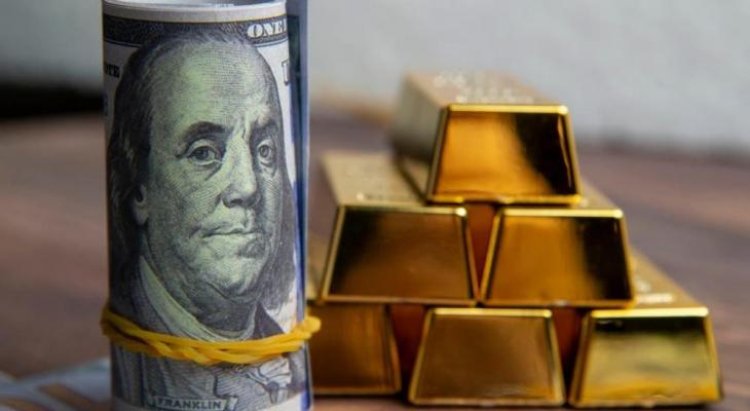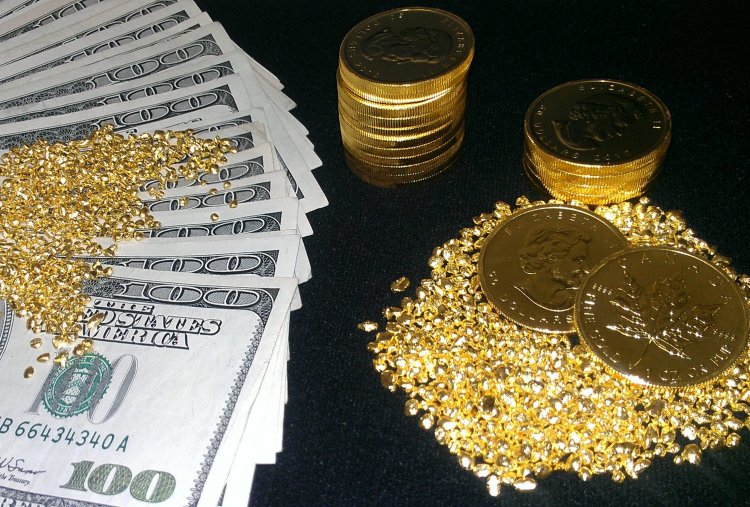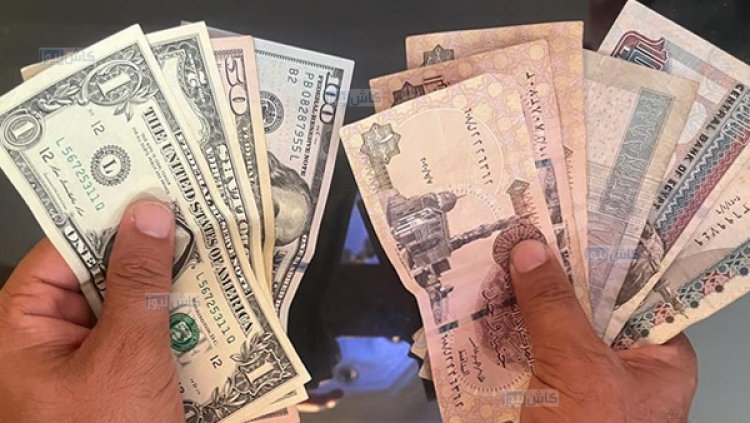A slap from Egypt to the dollar.. What did you do?
Egypt is the largest importer of wheat in the world, and it usually buys up to 12 million tons from abroad annually for the government and private sectors.

The Minister of Supply and Internal Trade, Dr. Ali Al-Moselhi, said that there are meetings taking place during the current period with central banks as well as commercial banks, especially in India, Russia and China, regarding relying on the local currency when importing from abroad.
Egypt is considering adopting the currencies of the countries from which it imports wheat in financial transactions instead of the dollar.
Egypt made understandings with China and India to deal in rupees and yuan when importing wheat.
Ali Moselhi, said that the current understandings have not yet reached formal agreements.

Raising the prices
Egypt is the largest importer of wheat in the world, and it usually buys up to 12 million tons from abroad annually for the government and private sectors.
On the other hand, the minister said that the ministry will start gradually raising the prices of some basic commodities after the approval of the Council of Ministers during the coming period, to ensure their continued availability and access to citizens.
Egyptian pound
In this regard , The Russian Central Bank confirmed at the time that the Egyptian pound and a number of other currencies had been included in the list of foreign currencies, with their official rates against the ruble set by the Bank of Russia, indicating that the official rates of these currencies would be set against the ruble.

Import gold without customs
In another context, the Ministry of Supply intends to submit a proposal to the Egyptian government to allow Egyptians working abroad to import gold without customs, especially bullion and gold pounds, to curb the inflation of gold prices in the local market.
Al-Moselhi’s statements are the first government comment on the crisis of the rise in gold prices in Egypt, which have jumped more than a thousand pounds in recent weeks, due to the increased demand for buying bullion and gold pounds as a safe haven to hedge against the expected decline in the exchange rate of the pound during the coming period.


 Shrouq
Shrouq 












